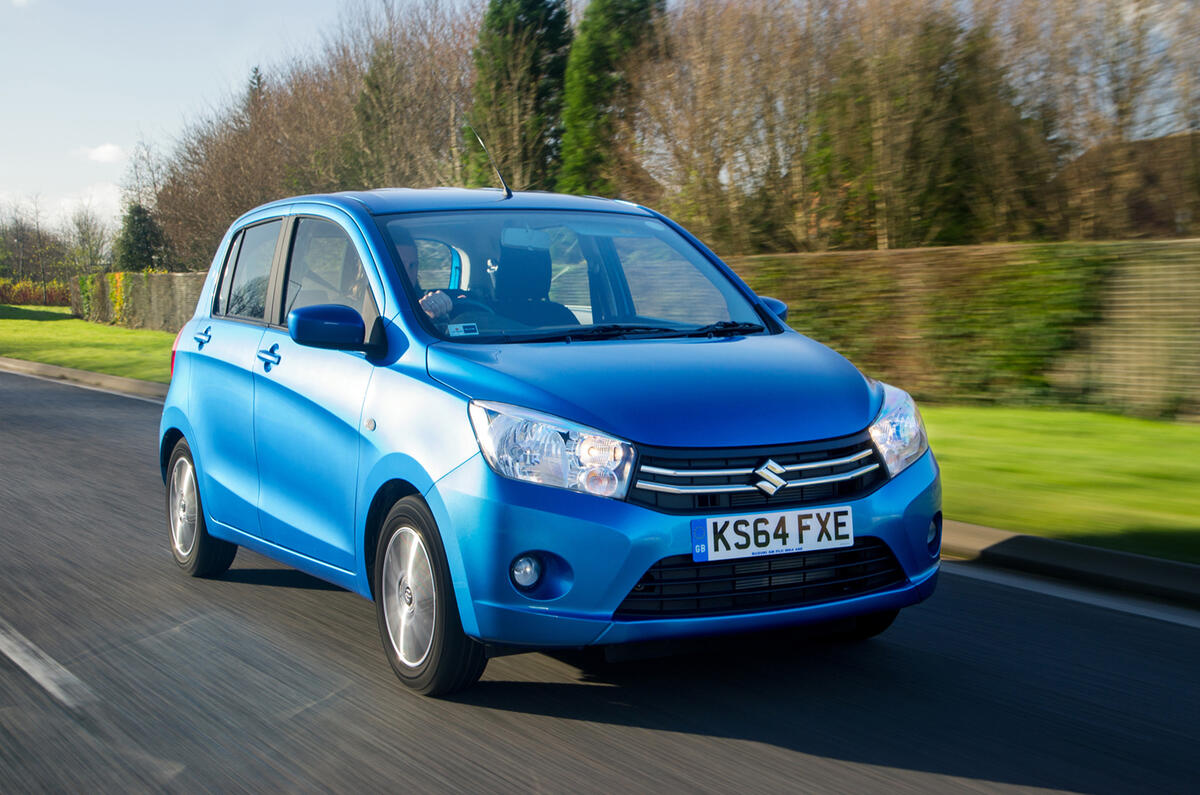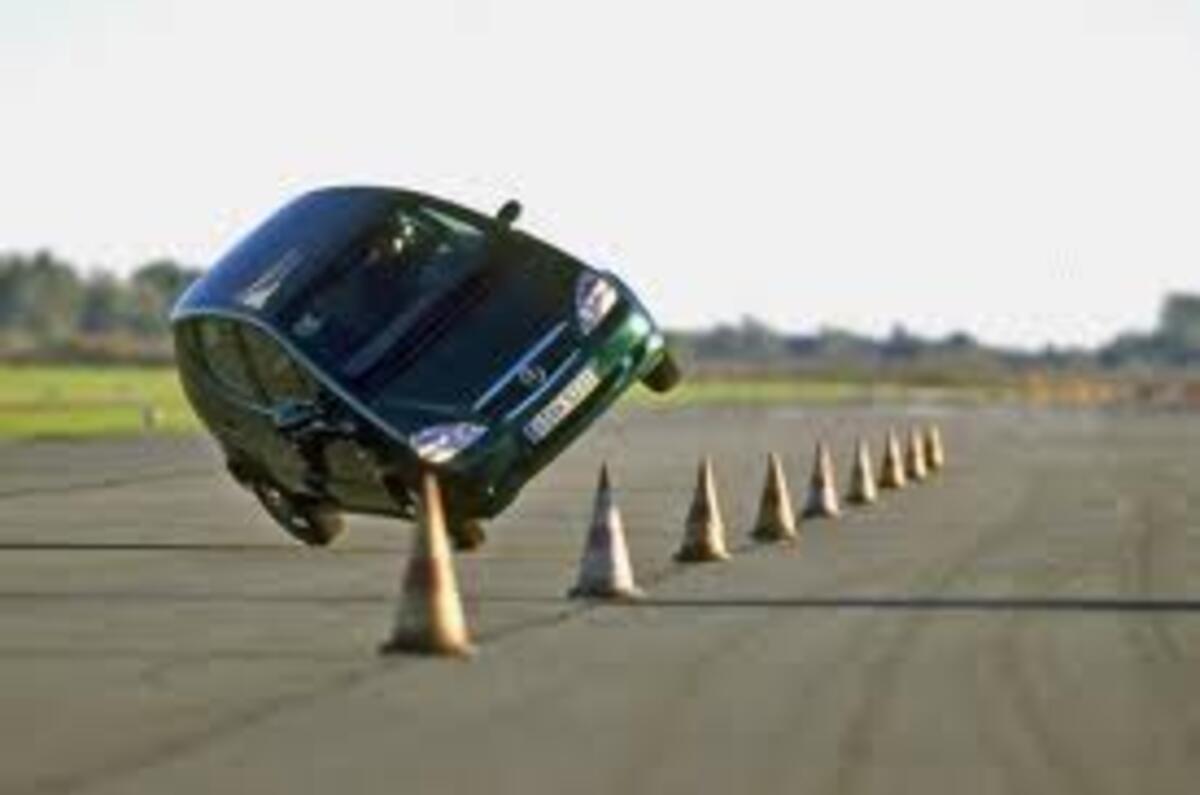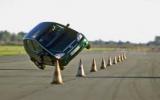The reasons we conduct performance tests were thrown into sharp focus recently by the travails of the Suzuki Celerio, whose brake pedal, and any accompanying deceleration, failed catastrophically under the foot of one of our testers. Twice.
It’s barely comprehensible, is it? Cars cover hundreds of thousands of test miles during their development at a cost of hundreds of millions of pounds.
Even our limited tests have our publishers fingering their collars, because we spend close to six figures on them every year. Car makers spend years and nigh on 10 figures developing every new model.
And yet here we are. Through the Autocar and What Car? tests, you and Suzuki know about the failings of the Celerio. Its fault, whether ingrained in development or the result of deviation from the design spec, will be outed soon enough.
It’s rare that magazine performance tests reveal such significant problems. The last notable mechanical failure we had was with a Morgan 3 Wheeler, which received upgraded suspension components after its wishbones failed in our hands on a test track.
Usually, common defects slowly emerge only after myriad accident reports appear and are correlated, like the one affecting airbags supplied by Takata. Some of its bags have inflated with such force that the inflator bursts, too, deploying high-velocity shards of metal as well as the airbag towards the car’s occupants.
The problem stretches back more than a decade, but the first recall – then affecting only six car makers, all in the US – wasn’t raised until 2013. Two years on, more than two dozen manufacturers are affected and more than 24 million cars worldwide have been recalled.
It is a vast problem with a slow fix. Court cases pending in the US will determine whether it’s unacceptably slow.
Magazine tests typically find the opposite: small issues, easily resolved. But there are more significant landmarks. Swedish magazine Teknikens Värld’s 1997 discovery of the Mercedes-Benz A-Class’s elk-dodging shortcomings not only helped to fix that car but also led to the introduction of electronic stability programs throughout the industry.
Today, Mercedes is able to talk about the elk test with a smile, which would have been impossible if it were customers rather than a magazine who discovered the problem.
Ultimately, it’s better for a car maker that faults occur in repeatable, controlled tests than at the hands of customers, even if it means an embarrassing, expensive and very public conversation. What looks like a bad day for Suzuki and a good day for our testers is infinitely preferable to the alternative.











Join the debate
Add your comment
Another contribution nobody can see...
Whatever the rights and
Autocar did everybody a
Andrew 61 wrote:Autocar did
100% agree. There's more chance of me having a serious accident whilst trying to operate a touchscreen than there ever is of me ever meeting an Elk.
Deer near